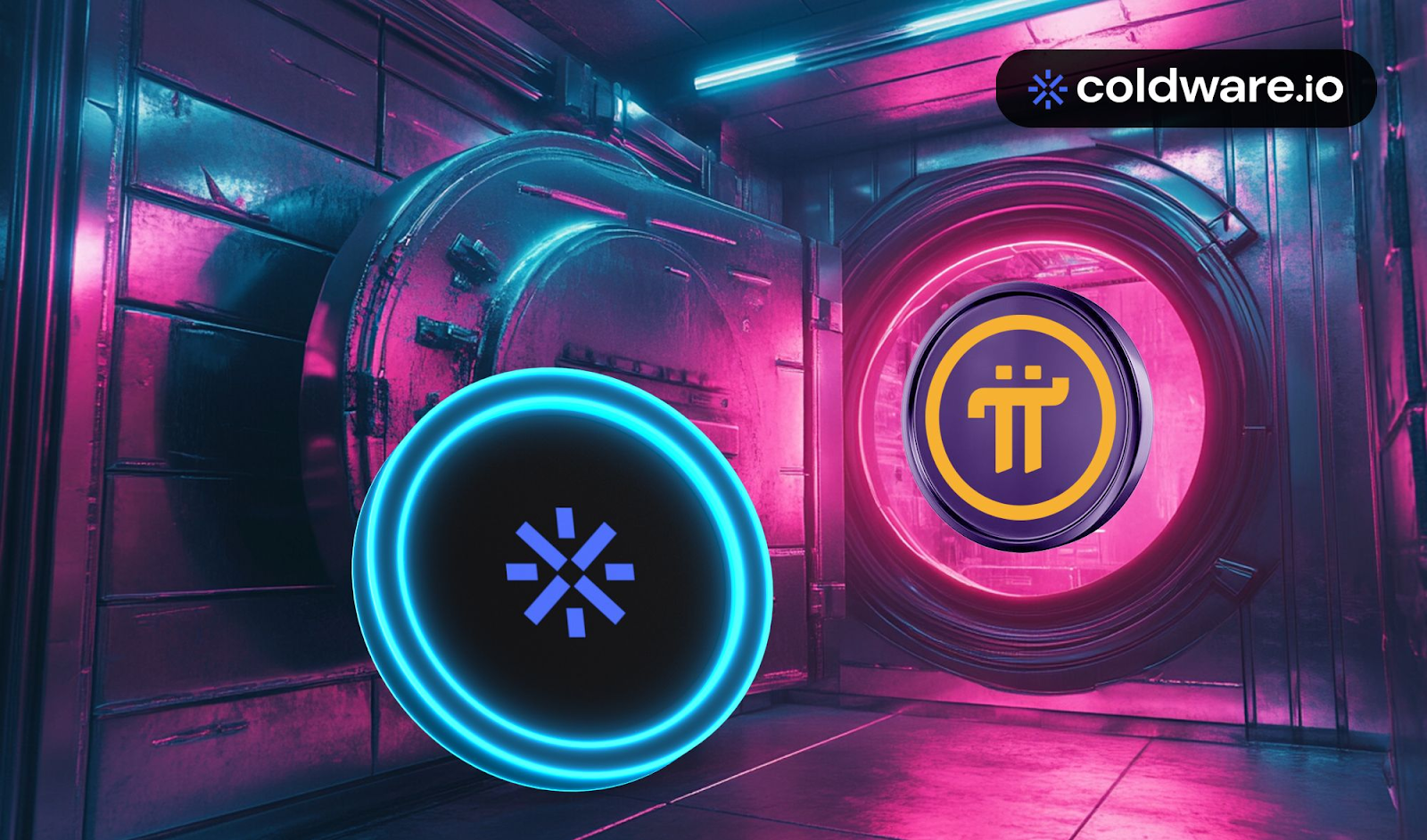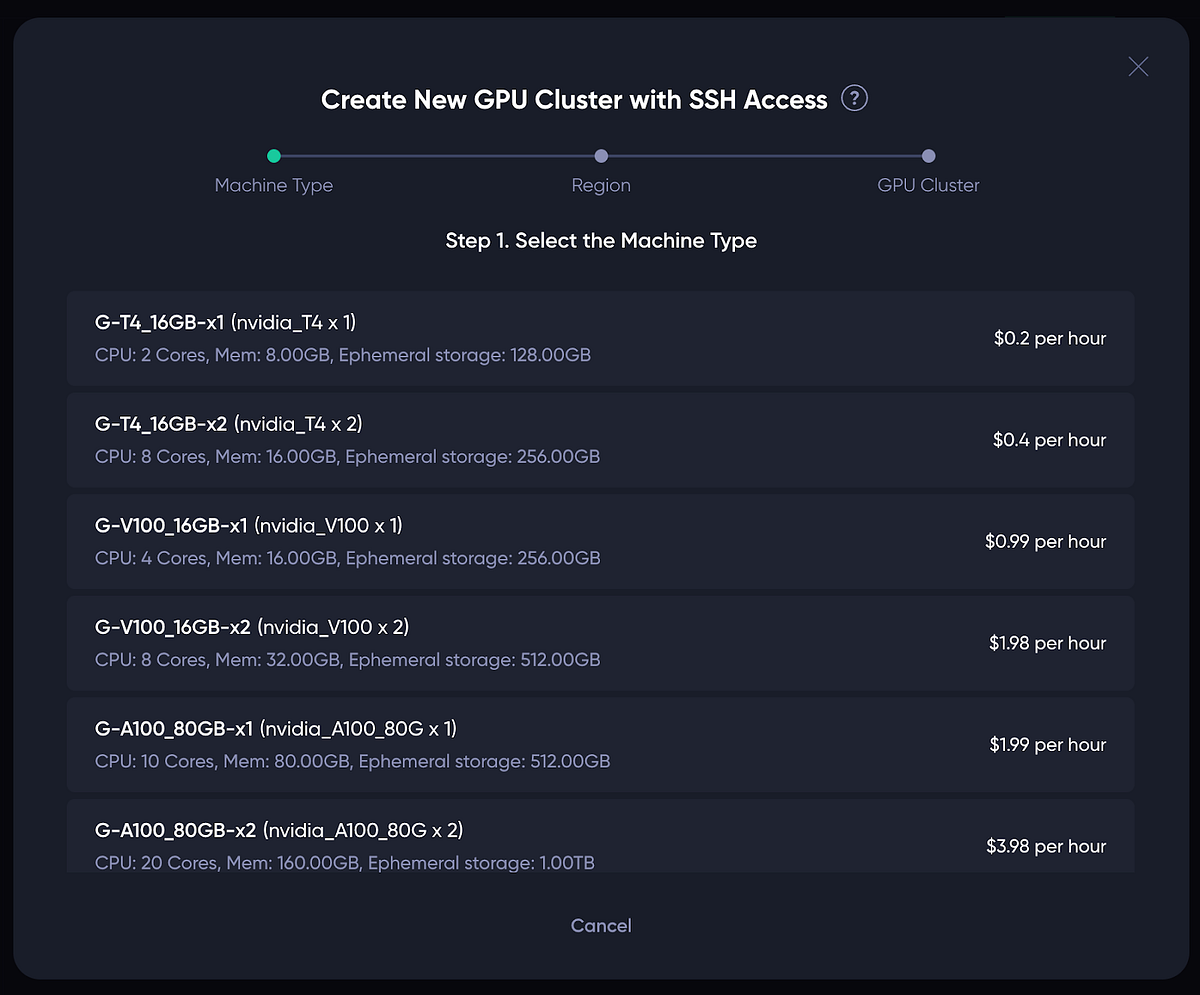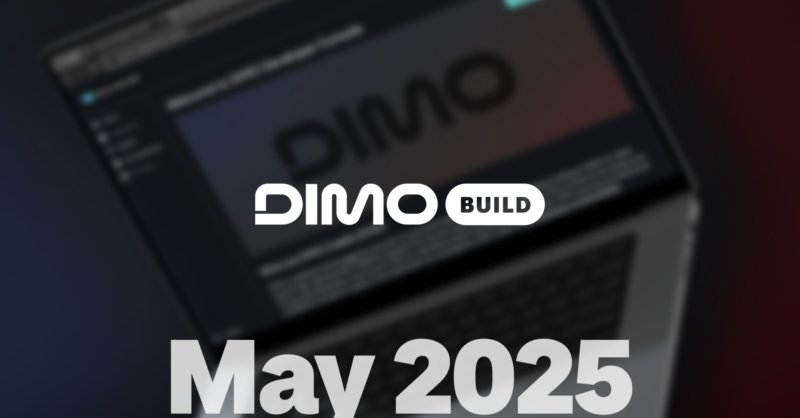MapMetrics: Revolutionizing Navigation with Multilingual Support

MapMetrics, a Web3-powered drive-to-earn navigation app, is revolutionizing the way users interact with navigation technology by offering fully multilingual support. Understanding that language can be a barrier, MapMetrics allows users to change the app’s language simply by adjusting their phone’s settings. This seamless integration ensures that whether you prefer Spanish, French, German, or Arabic, the app will instantly reflect your choice, providing a hassle-free navigation experience. This feature is particularly beneficial for travelers and expats who often navigate through multilingual environments.
In addition to adapting the interface language, MapMetrics also offers customizable voice instructions. Users can select their preferred language for spoken directions, enhancing their comfort and understanding while driving. This is especially useful for multilingual individuals or those who prefer receiving instructions in a language different from their phone’s default setting. By allowing users to tailor their navigation experience, MapMetrics ensures that drivers can focus on the road without missing crucial directions, regardless of the language they choose.
The multilingual capabilities of MapMetrics not only enhance user experience but also promote inclusivity within its community. By supporting users in over 167 countries, the app encourages active participation in its drive-to-earn model, where users contribute traffic data and road updates. This fosters a stronger and more accurate platform, allowing everyone to engage confidently in their language of choice. As MapMetrics continues to evolve, its commitment to expanding language offerings and enhancing user experience remains at the forefront, making navigation accessible and intuitive for a global audience.
Related News





